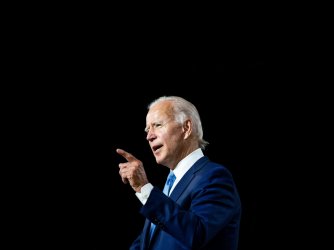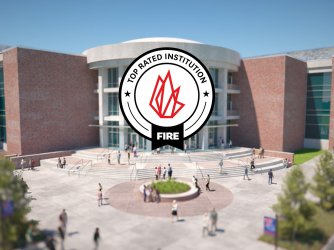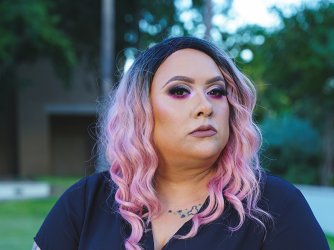Table of Contents
Open inquiry from Day One

Arriving on campus this fall, college freshmen nationwide will take part in mandatory new student orientations.
These programs are often used by colleges to promote particular institutional values and learning objectives. Why not, then, use them to teach students about higher education’s most fundamental value: open inquiry?
From their first day on campus, students are asked to engage in discussions about difficult issues. But asking students to engage in these conversations before first grounding them in how scholars navigate — and depend upon — these kinds of debates puts the cart before the horse.
During my freshman orientation at the University of Pennsylvania, a graduate student led us through a discussion of diversity focusing on Walter Isaacson’s “The Innovators: How a Group of Hackers, Geniuses, and Geeks created the Digital Revolution.” We talked about the racialized reality of past and contemporary workplaces and what narratives might be hidden by a ‘great man’-focused re-telling of history. Diversity and equity are important subjects of discussion for college students, but on day one, we didn’t seem to have the tools to fully engage. We hesitated to ask questions and share our thoughts openly.
I can’t help but wonder how that session might have looked with tools for learning and open inquiry already in our toolbox. By discussing open inquiry with students on day one, administrators can empower students to develop effective habits of scholarship from the moment they arrive on campus.
Some schools have already implemented orientations with the explicit intention of creating a more open and vibrant culture for debate and discussion. These schools also happen to be early adopters of the Chicago Statement, which states that “debate or deliberation may not be suppressed because the ideas put forth are thought by some or even by most members of the University community to be offensive, unwise, immoral, or wrong-headed.”
As part of Princeton University’s orientation, new students read “Speak Freely: Why Universities Must Defend Free Speech” by Keith Whittington, a political science professor at the school. The book examines “the obligations of institutions of higher learning to protect free speech and free expression against those who would obstruct or prohibit it.” According to Robert Nieli, another Princeton professor, the inclusion of this book in orientation programming represents a significantly “high-profile sponsorship of a book on free speech by an unabashed civil libertarian.” Putting his theories on optimal learning environments into practice, Whittington leads a discussion of the book during orientation, encouraging students to ask questions and push back against his arguments.
Going one step further, Purdue University created a comprehensive, week-long free speech orientation program in 2017. After the university adopted the Chicago Principles in 2016, the university’s legal counsel teamed up with administrators and faculty, including an equity and diversity subcommittee and the director of student orientation, to create the program. With the objective of teaching students practical responses to engaging with tough topics, Purdue students “act out scenarios ranging from encountering an inflammatory campus preacher, dealing with objectionable symbols in residence halls, and handling an in-class disruption.” Speakers and online student modules reinforce messages of civility, mutual respect, and open inquiry — and even Purdue’s president, Mitch Daniels, participates.
By creating these orientation programs, Princeton and Purdue complement their adoption of the Chicago Principles with concrete actions to improve their campuses’ intellectual climates.
Sigal Ben-Porath, author of “Free Speech on Campus,” argues that the Chicago Statement’s “main shortcoming is the false assurance they offer colleges and universities” about what it takes to foster a culture of open inquiry on campus. But Princeton and Purdue offer encouraging counterexamples of how adopting the Chicago Statement can catalyze change. The statement jump-started conversations among faculty, prompting universities to take those crucial next steps toward institutional programming and creating real cultural shifts surrounding free expression on campus.
By adopting these orientation programs, schools can develop thriving cultures of free speech and inquiry on their campuses. And by creating open learning environments, universities can truly prepare students for the difficult conversations they can expect to have during their academic careers and beyond.
Louis Galarowicz is a rising junior at the University of Pennsylvania and a FIRE summer intern.
Recent Articles
FIRE’s award-winning Newsdesk covers the free speech news you need to stay informed.

TikTok legislation sets grave precedent for free speech

Louisiana Tech earns top rating for free speech

German police forbid ‘speaking Irish’ at Berlin protest — Free Speech Dispatch April 2024
